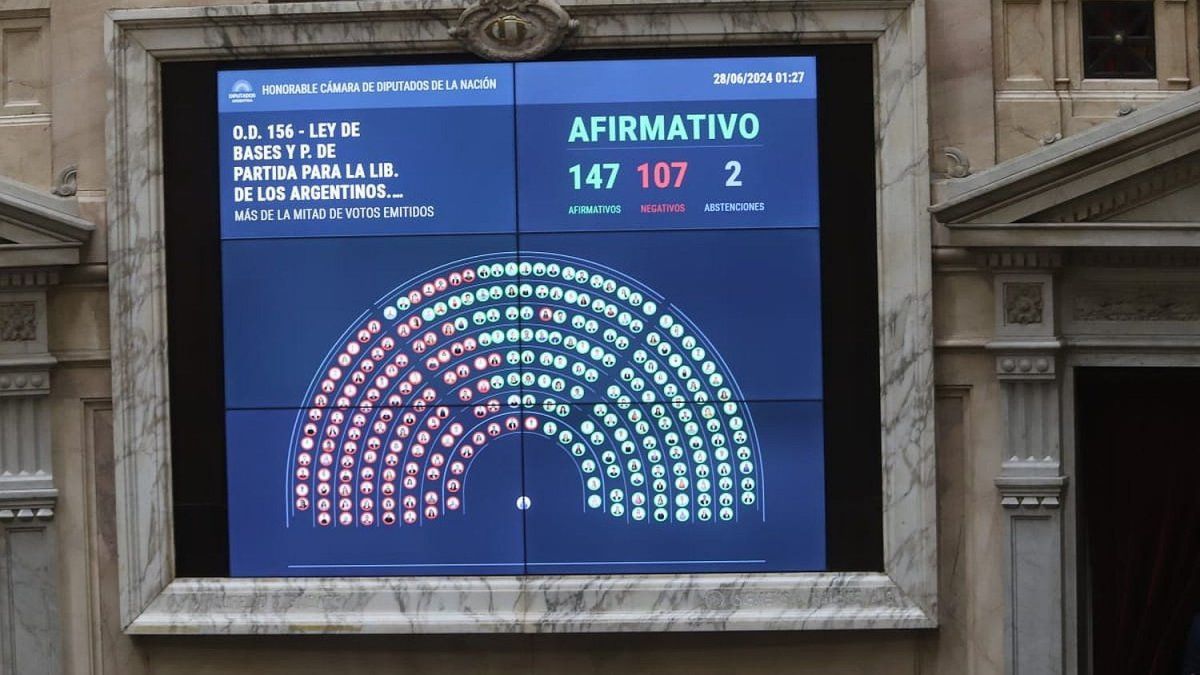The so-called “Bases Law”, daughter of the current government’s troubled DNU 70/23, it presents notable differences and obscurities with respect to its predecessor due to a “cut” of topics.
The content you want to access is exclusive for subscribers.
This means that the law is only dedicated to dealing with the reduction in the cost of job terminations, without addressing in any way the issue of union rights.


The other significant fact is that the authors and sources of the law are unknown. It is an unusual case in which no one wants to claim authorship of this norm in the labour field, and furthermore, no international or doctrinal sources are mentioned that were consulted in drafting its provisions.
Some relevant points regarding this are that, for example, some issues are reintroduced in the Ley Bases that were already addressed in DNU 70, such as: i) article 96, which establishes an unemployment fund that requires regulation, given that it is not known who will guard and administer it and who will be the collecting agent; and ii) article 97, which mentions the original figure of the independent worker/precarious employer with collaborators. The lack of information about who or what our legislators and the Executive Branch have studied to determine these norms generates uncertainty, especially since they clearly need regulations to accompany them.
Returning to the union issue, the omission of the treatment of Collective Labor Law suggests that the consensus for the sanction of this law was not to touch the antiquated system of collective representation in Argentine Labor Law. The “Bases” law stands out above all for this omission, and delves into a reform that mainly affects individual workers, which may degrade the protective principle. One senses a search to attract investments by making the individual labor framework more flexible, without modifying the important legal framework of collective labor law, maintaining its status quo, which does not seem admissible if what is desired is a comprehensive, lasting, and fair reform.
In conclusion, the “Ley Bases” seems designed to not touch interests in the area of collective labor rights and is only aimed at reducing the costs of dismissing precarious workers, lacking a comprehensive vision of employment in Argentina. Although it promises a “productive revolution” and “quality employment,” its success will depend more on luck than on a superior capacity for organization and direction on the part of our representatives.
Professor of the Master’s Degree in Labor Law and Labor Relations at the Universidad Austral.
Source: Ambito
David William is a talented author who has made a name for himself in the world of writing. He is a professional author who writes on a wide range of topics, from general interest to opinion news. David is currently working as a writer at 24 hours worlds where he brings his unique perspective and in-depth research to his articles, making them both informative and engaging.




